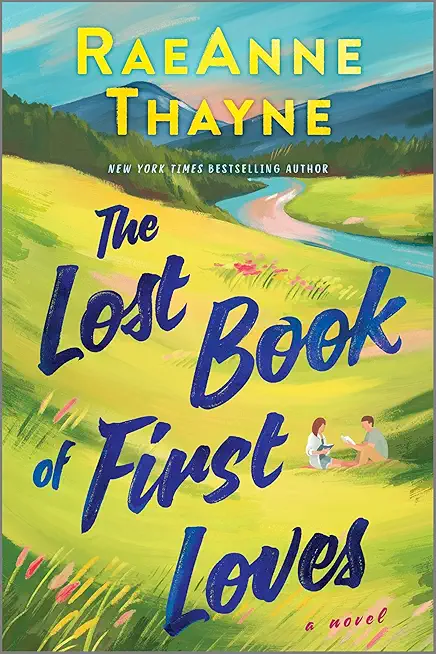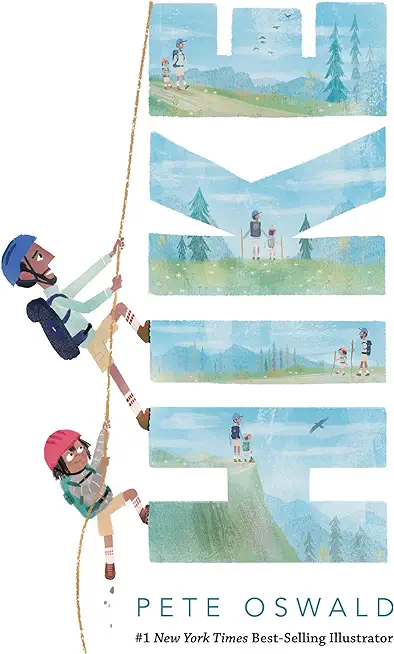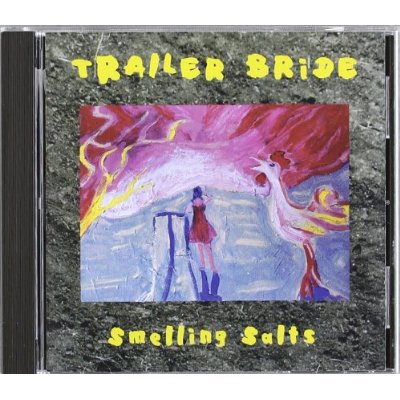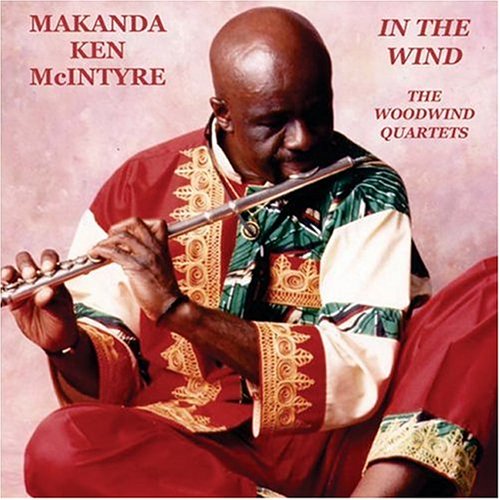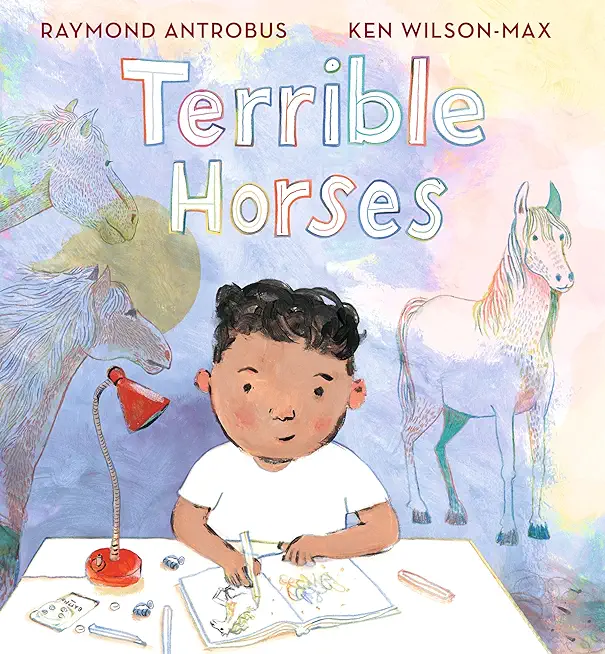
Antrobus, Raymond
product information
description
9In a relatable tale about two siblings at constant odds, a child discovers that expressing himself through stories can help resolve conflict and generate understanding. My sister is cooler than me.
I want her friends to be my friends.
I want her things to be my things. For one little boy and his older sister, fights are always waiting to happen--when he takes something without asking, jumps on her bed without asking, even wanders off without asking. And when they fight, they don't use words: it's all push, pull, hurt, hide. To cool off after, the boy retreats to his room to write and draw stories--stories about terrible horses trampling and galloping, while he is a lone pony unable to compete or speak or sleep. One morning, the boy wakes up to find his sketchbook missing, taken by his sister. What now? Will this make things worse, or could it help them to finally understand each other? With empathy and simplicity, Terrible Horses has much to say about using creativity to rein in anger, reflect, and see life through someone else's eyes.
I want her friends to be my friends.
I want her things to be my things. For one little boy and his older sister, fights are always waiting to happen--when he takes something without asking, jumps on her bed without asking, even wanders off without asking. And when they fight, they don't use words: it's all push, pull, hurt, hide. To cool off after, the boy retreats to his room to write and draw stories--stories about terrible horses trampling and galloping, while he is a lone pony unable to compete or speak or sleep. One morning, the boy wakes up to find his sketchbook missing, taken by his sister. What now? Will this make things worse, or could it help them to finally understand each other? With empathy and simplicity, Terrible Horses has much to say about using creativity to rein in anger, reflect, and see life through someone else's eyes.
member goods
No member items were found under this heading.
Return Policy
All sales are final
Shipping
No special shipping considerations available.
Shipping fees determined at checkout.
